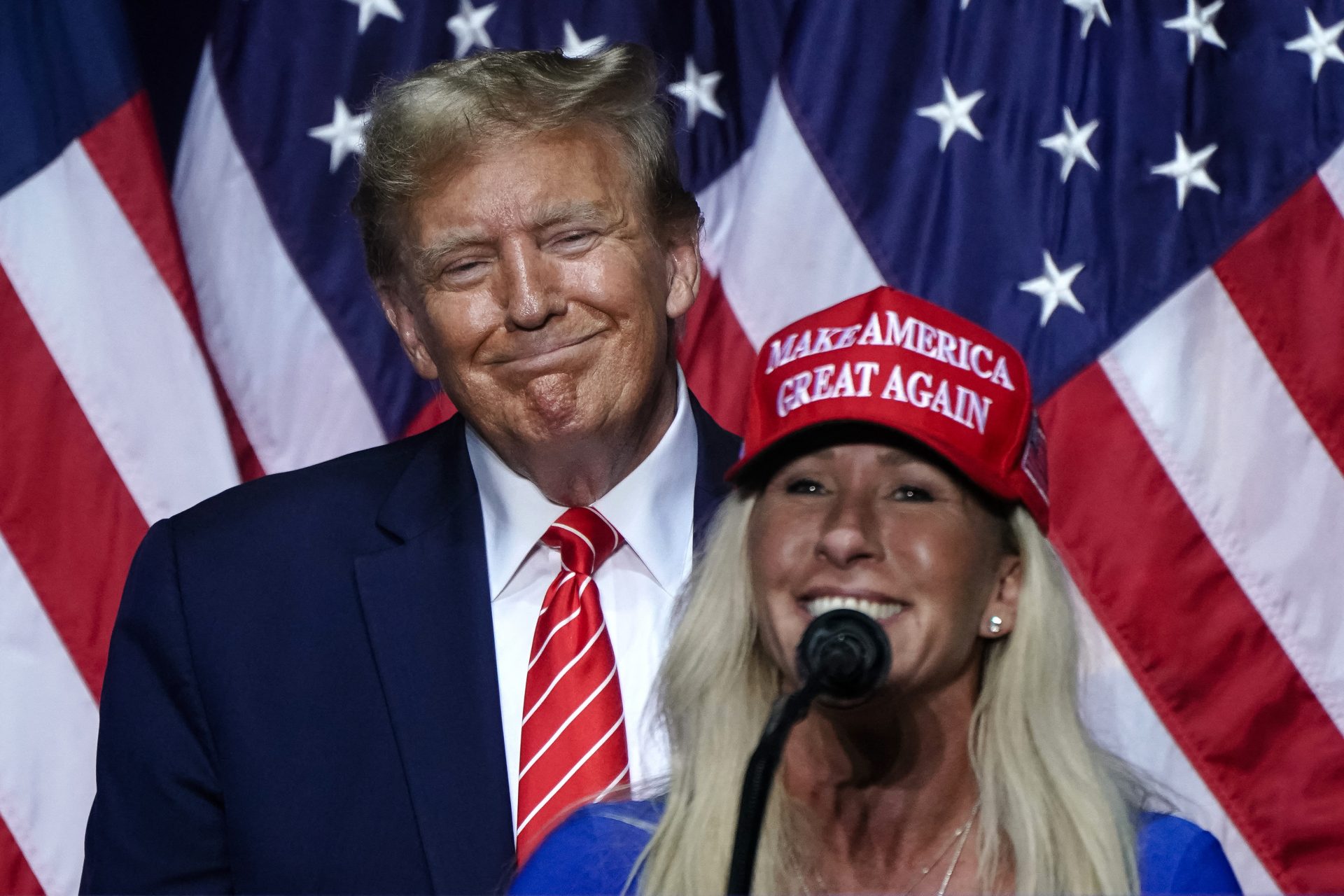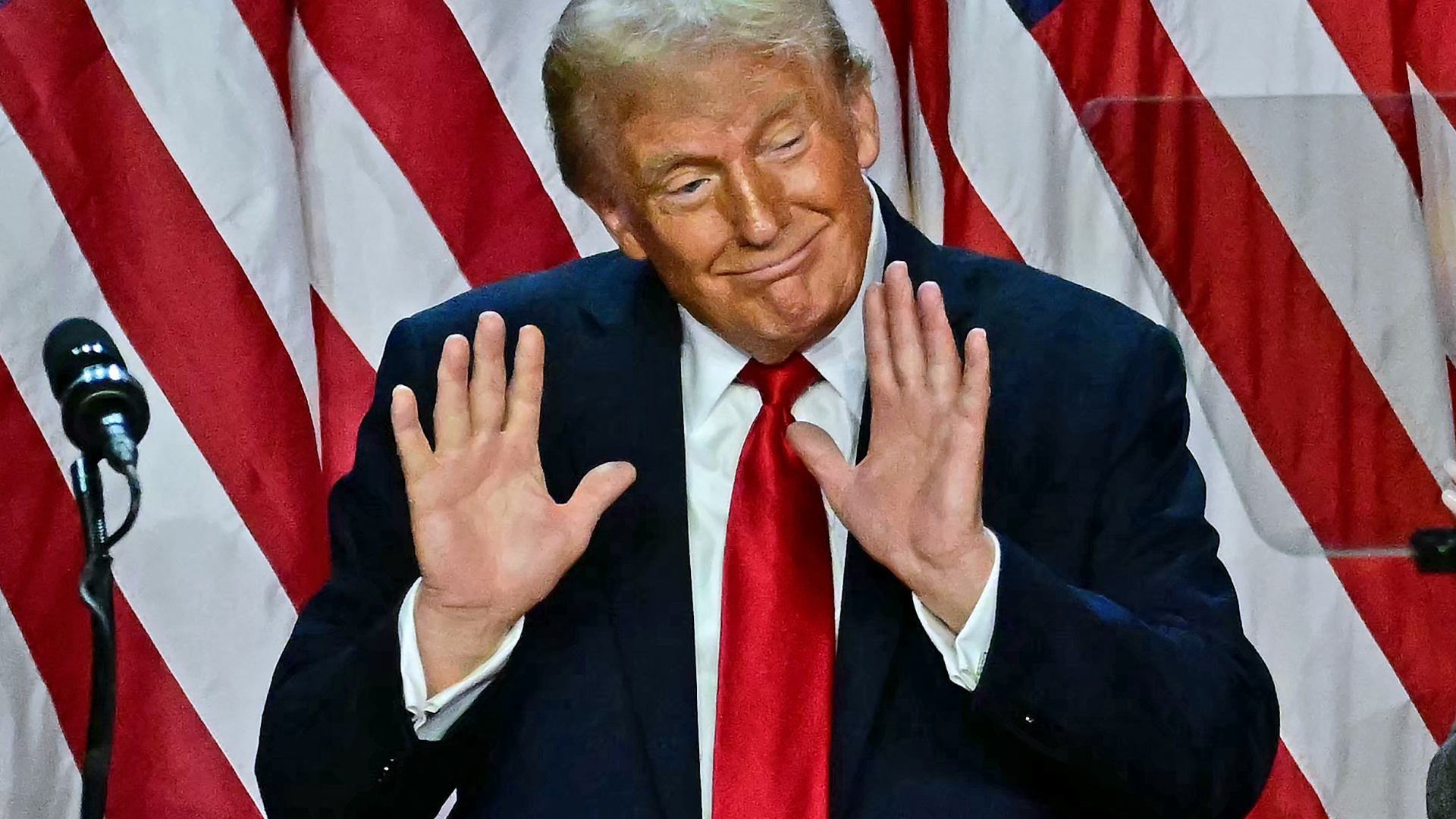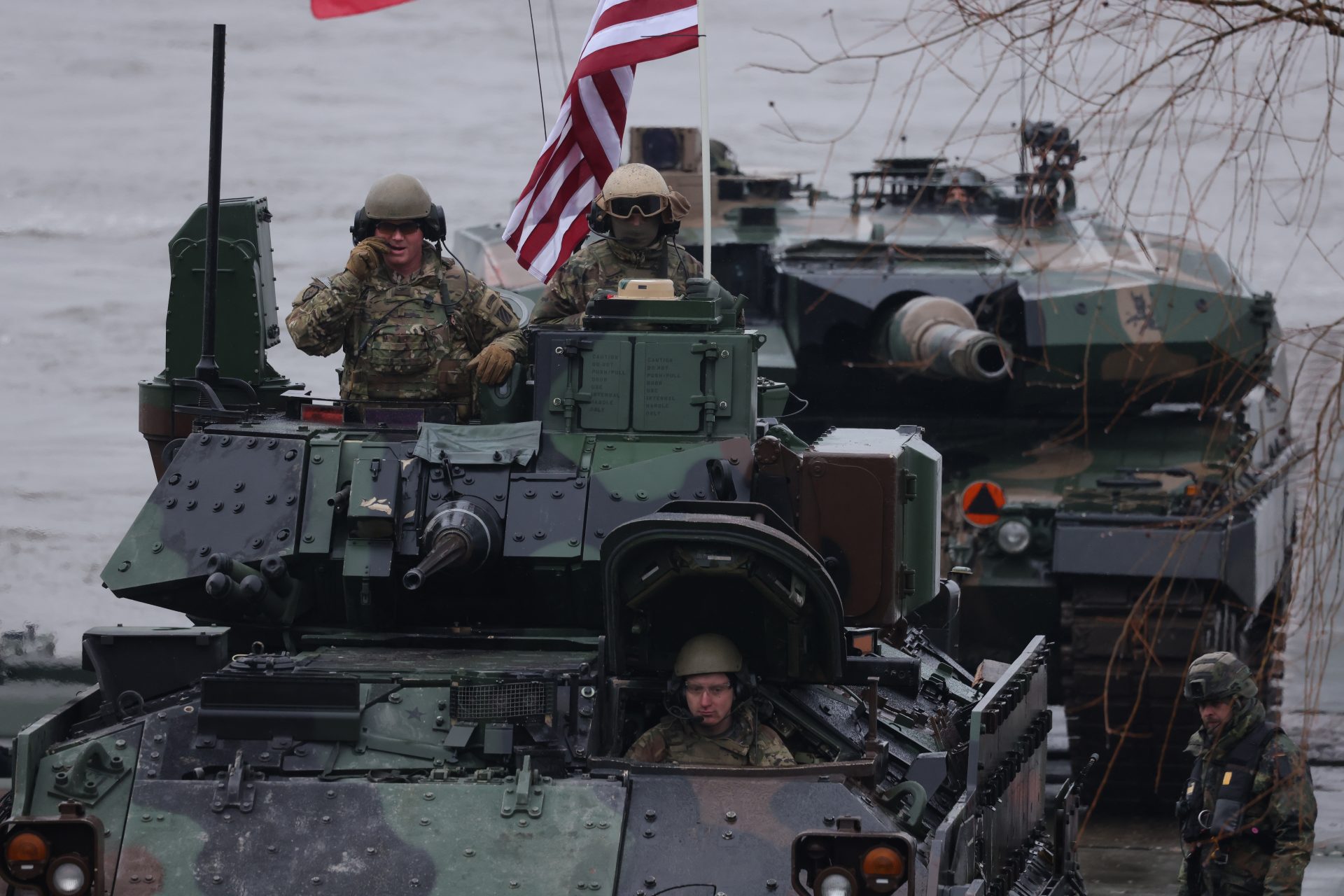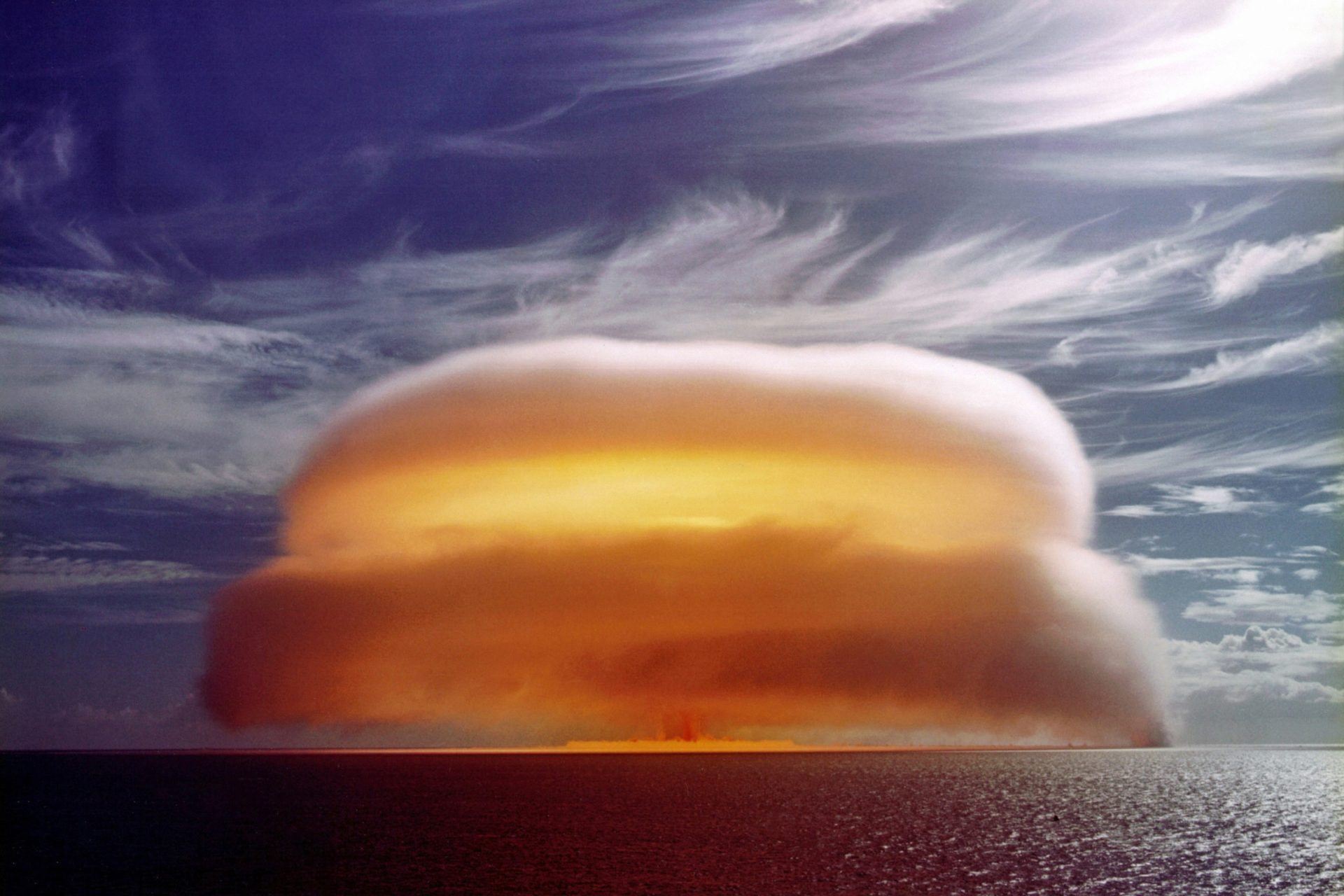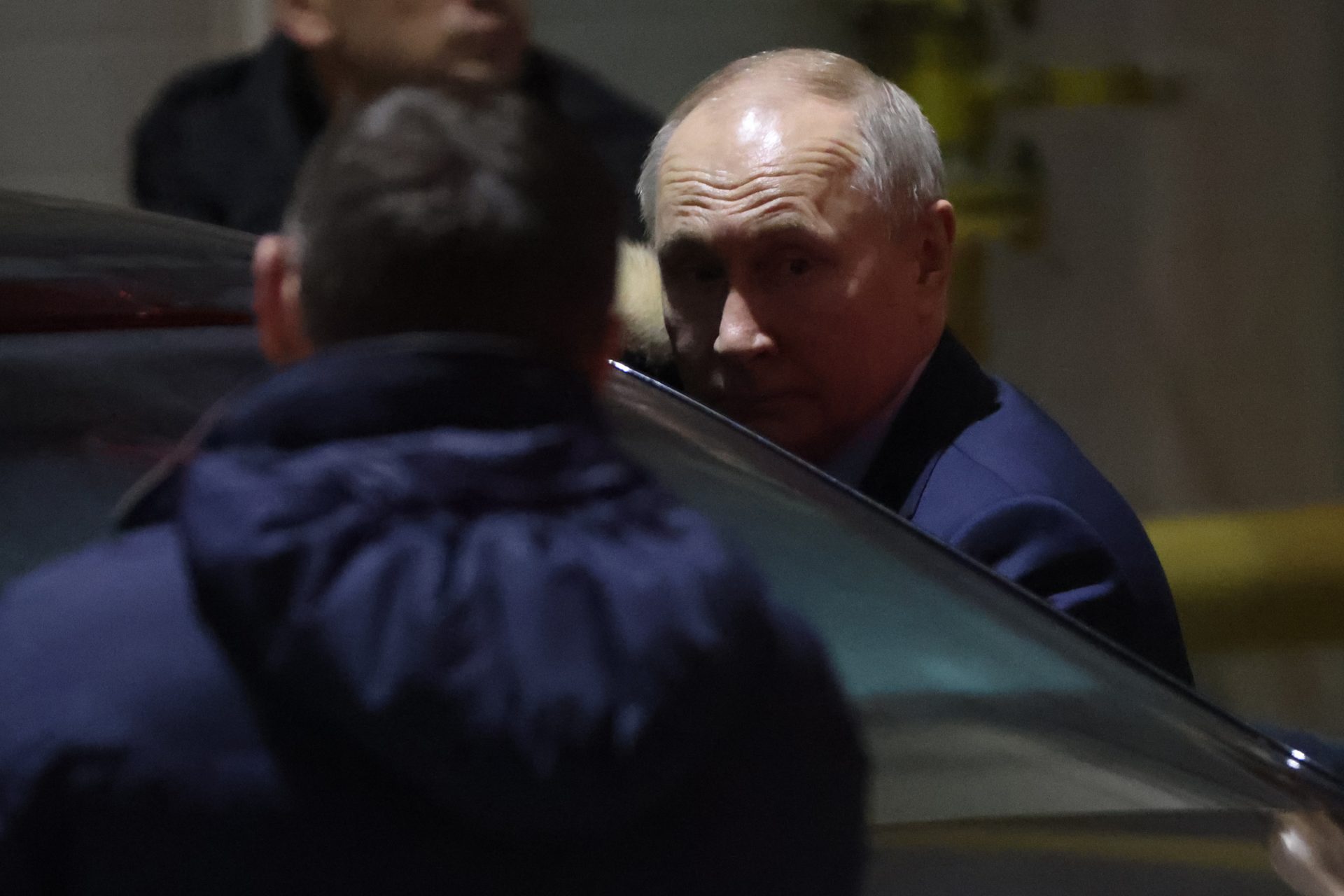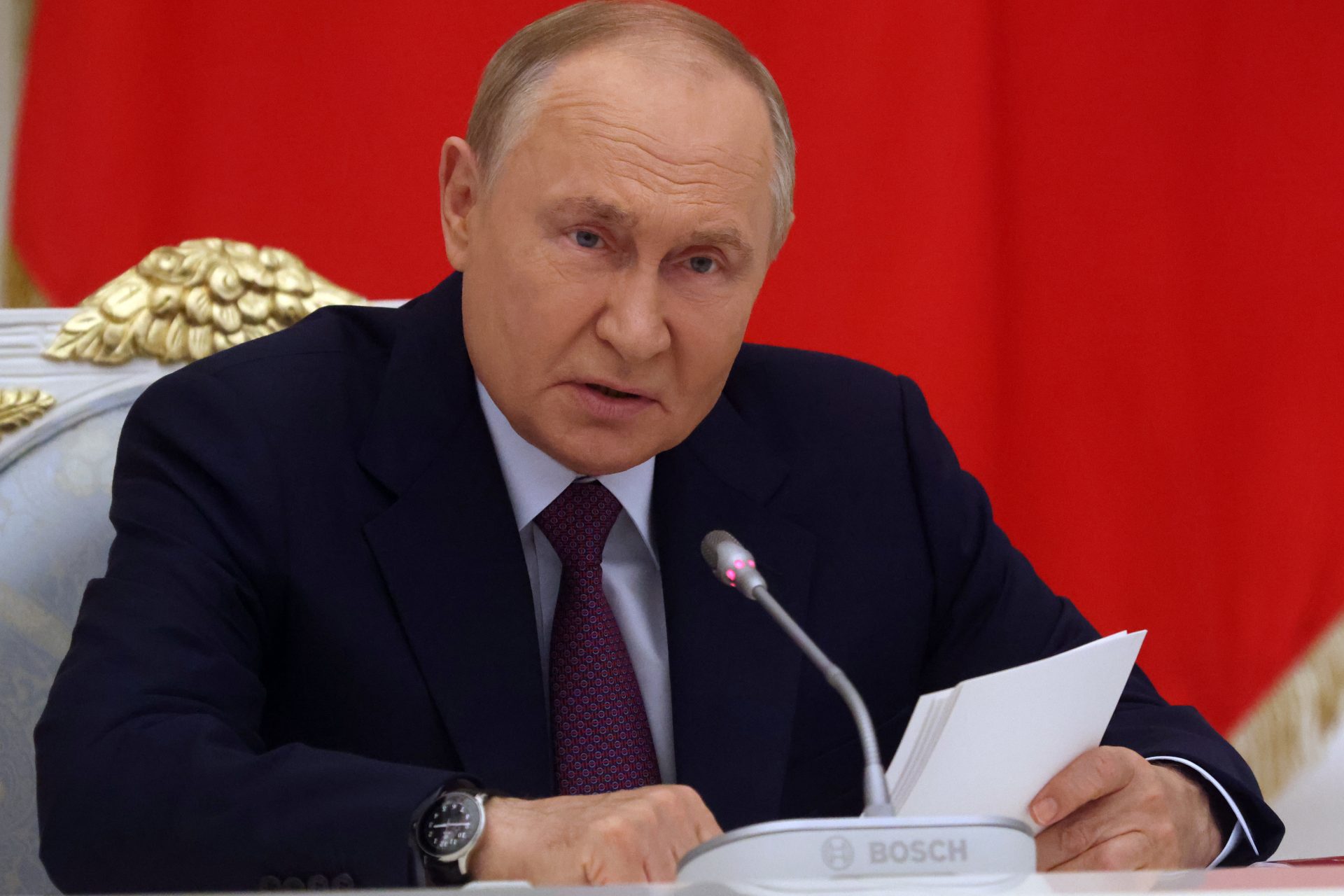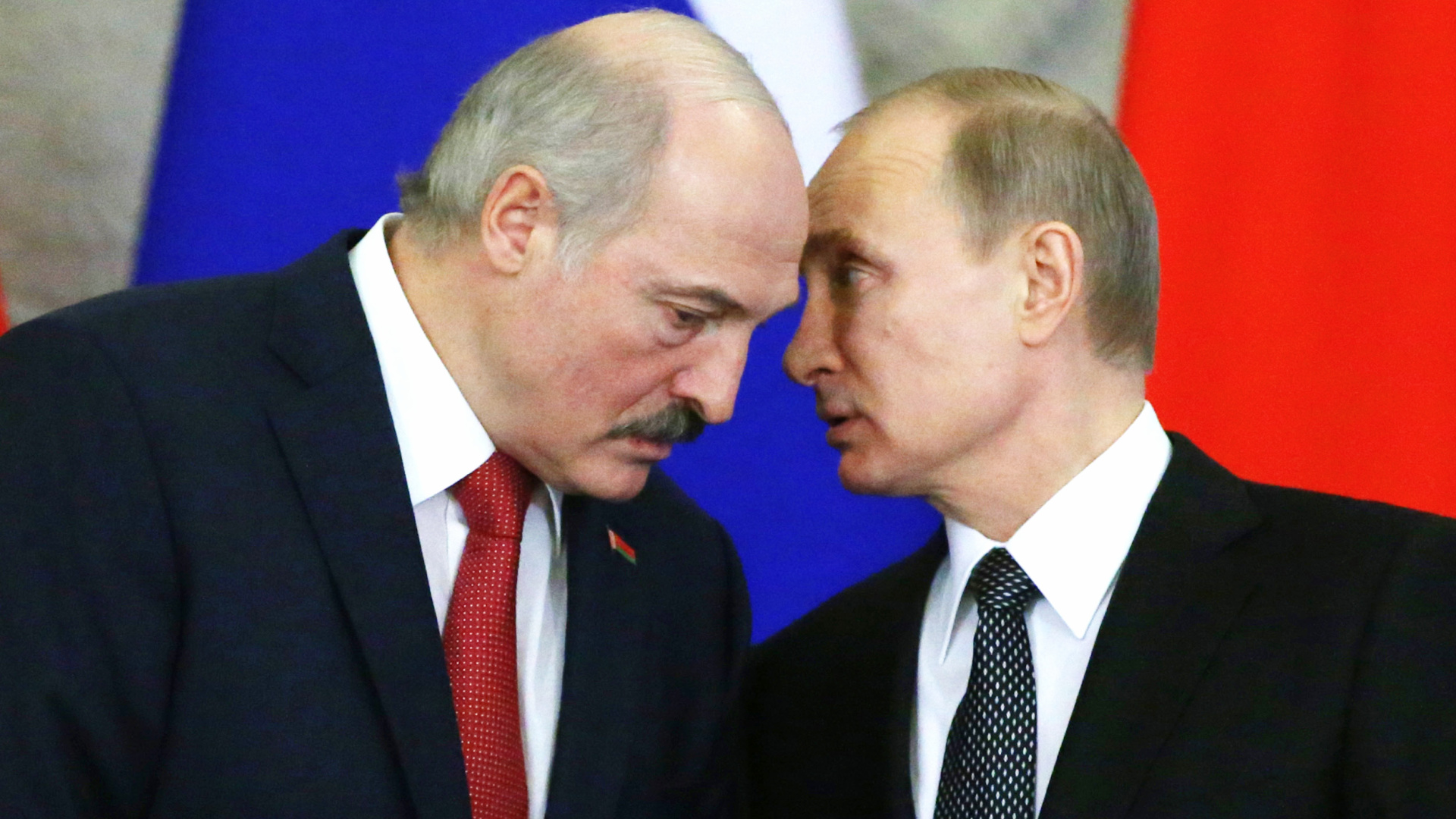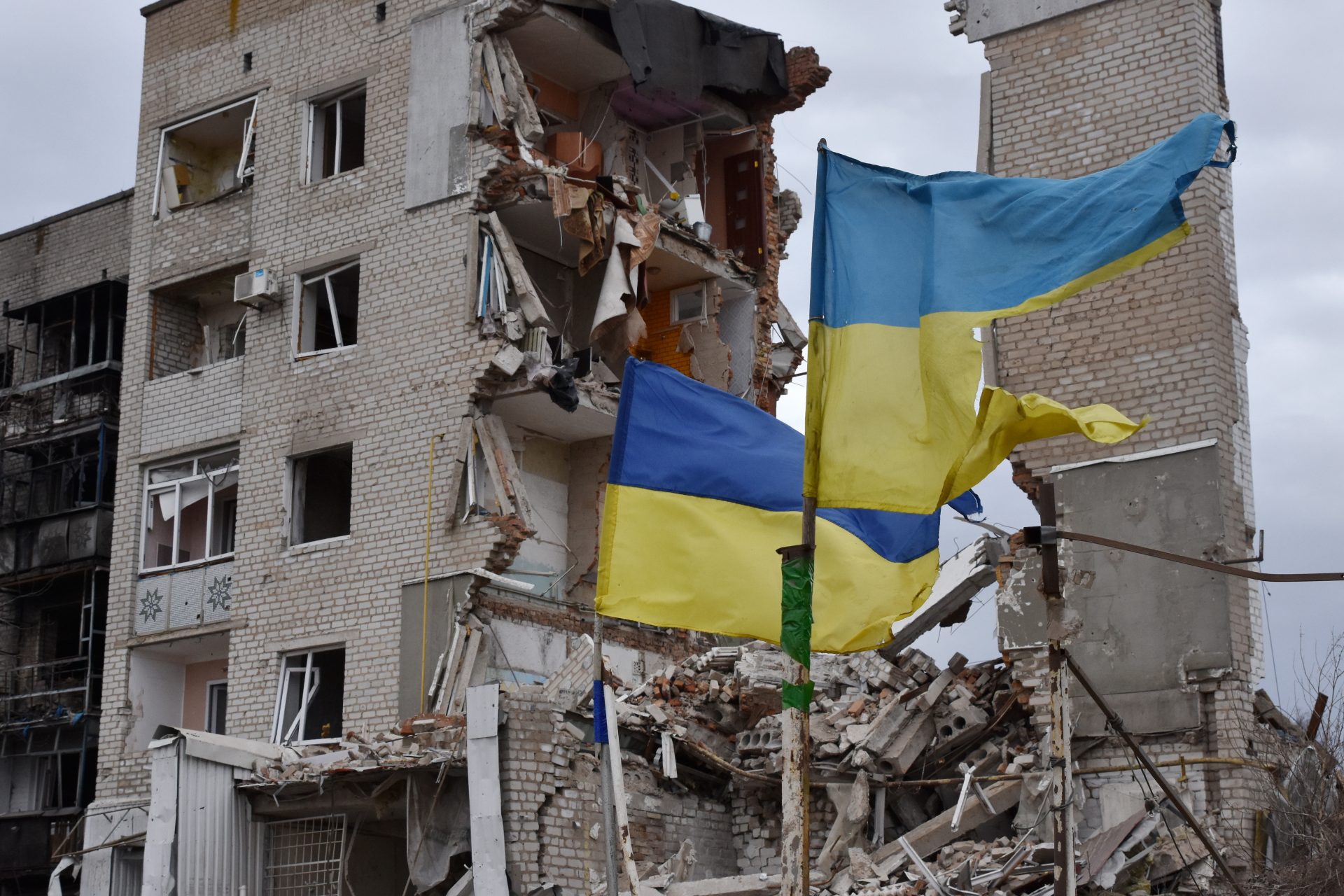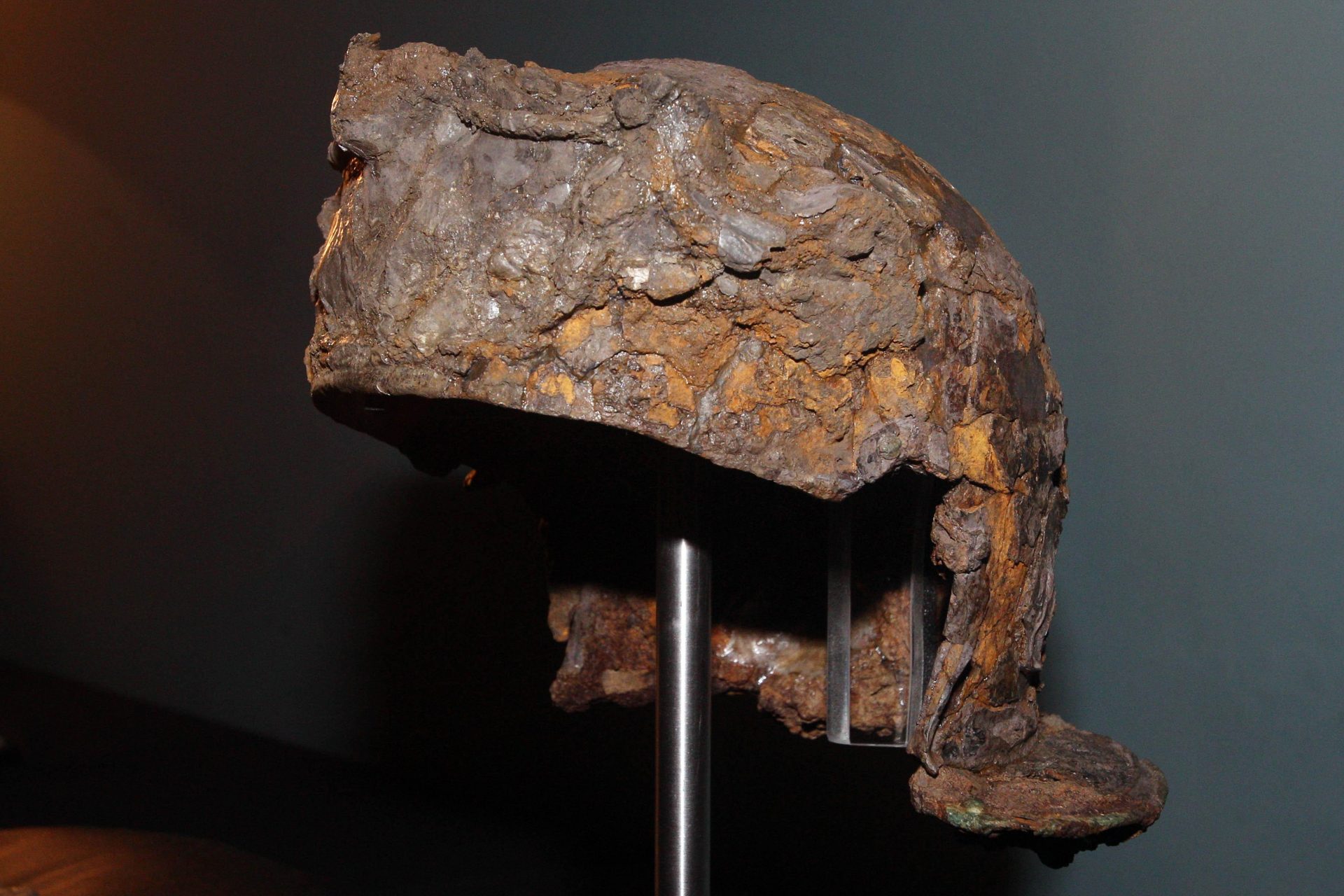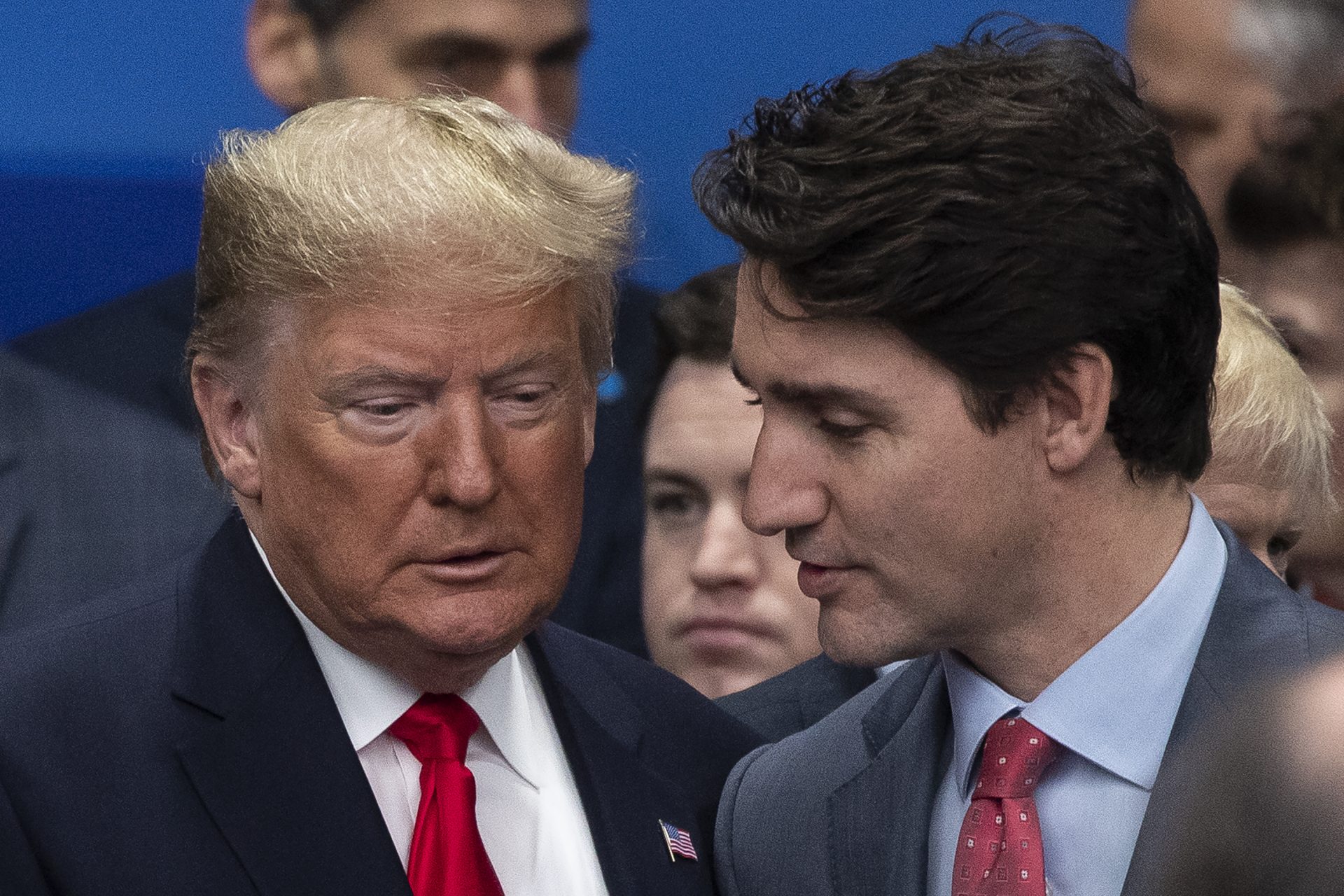This is how Vladimir Putin lost his most important allies
Once upon a time, the Presidents of the United States and the Russian Federation could be together as equals, understand each other and even be cordial and friendly. However, those times seem forever gone given the current political climate.
Vladimir Putin took the world by surprise when Russia invaded Ukraine in February 2022. However, his decision has probably cost Russia a lot more than he had calculated and has not given him the results that he expected.
Increasingly isolated from the international community, the Kremlin finds it hard to rally support from previous friends, allies, and fellow travelers that gave Putin the benefit of the doubt in the past.
Victory Day is Russia's biggest national holiday, usually celebrated with a display of military parades and commemorations of those fallen in World War 2. Russia's dethroned position as a world leader was visible during Victory Day 2023.
Putin oversaw a parade described by CNN as 'scaled down' with the Prime Minister of Armenia, Belarusian leader Alexander Lukashenko, and a few Central Asian presidents his only international guests.
This is quite a contrast from previous Victory Day parades, where Putin had as guests former German Chancellor Angela Merkel and Kofi Annan, ex-General-Secretary of the United Nations.
It's no secret that former US President Donald Trump has sympathies towards Putin. During the early days of the Ukrainian invasion, he praised the Russian president as a “genius” on a radio show hosted by Buck Sexton and Clay Travis.
Trump has tried to play it safe since then, arguing on ‘The Sean Hannity Show’ that “this doesn’t seem the same Putin I was dealing with”.
Pictured: Sean Hannity and Donald Trump during a rally in 2018.
Former Fox News commentator Tucker Carlson, who hosted at the time the most-watched US cable news program, asked in November 2019 “Why should I care if there’s a war between Ukraine and Russia? And why I shouldn’t root for Russia? Which I am”.
Just days before the Ukrainian invasion, Tucker Carlson questioned the rhetoric that portrays Putin as a villainous figure. “Has Putin ever called me a racist? Has he threatened to get me fired for disagreeing with him?” the former Fox News host asked on his show.
Still, Russia’s Minister of Foreign Affairs Sergey Lavrov praised Fox News as “an alternative” to mainstream media, according to The Guardian.
Although Fox News has distanced itself from these statements, the damage is done. When Carlson left the network, Russia Today jokingly offered the TV host his own show in Russian-state media.
As the leader of the Russian Federation, Vladimir Putin had gathered all sorts of international allies from the left and the right, joined by their opposition to the world order set by the United States and Western Europe.
However, most if not all of them seem to have abandoned Putin in this critical time.
Hungary’s right-wing Prime Minister Viktor Orbán, once regarded as the European leader closest to Putin, joined the rest of the EU states to condemn Russia’s military action in Ukraine.
“Hungary’s position is clear: we stand by Ukraine, we stand by Ukraine’s territorial integrity and sovereignty,” said Hungary's Foreign Minister Peter Szijjarto days after the invasion, as quoted by Associated Press.
However, Orbán has not kept quiet about his criticism of EU support of Ukraine, including blocking aid and denouncing the European Parliament for corruption.
Czech President Miloš Zeman is another pro-Putin European leader that has been forced to recant after the Ukrainian invasion, which Zeman argued was out of the question for Russia until the very end.
“Russia has committed a crime against peace,” declared Zeman, as quoted by Associated Press. Since then, Zeman declared that he was “mistaken” for having supported Putin in the past.
Zeman was succeeded in 2023 by former NATO Military Committee Chair Petr Pavel, whose pro-Western views aren't exactly secret.
Turkey, a member of NATO that shares deep economic ties with Russia, has done its best to keep a middle ground between the two.
On one hand, NPR reports that Turkey has been doubling its trade with Russia in 2022, filling the void left by Western businesses that have left due to the war.
At the same time, the Turkish government has provided Ukraine with weapons and armored vehicles.
India finds itself in a similar situation to Turkey. New Delhi and Moscow have historically shared good relations, which have continued to blossom under Vladimir Putin and India’s PM Narendra Modi.
The Financial Times writes that India's “relentless ambiguity” towards the Russian invasion of Ukraine has been the source of frustration for many in the West.
“As the Ukraine conflict continues to rage, we are often asked whose side we are on,” said India’s Foreign Minister Subrahmanyam Jaishankar to the UN General Assembly last September.
“India is on the side of peace and will remain firmly there,” India’s Foreign Minister declared. “We are on the side that calls for dialogue and diplomacy as the only way out.”
Elsewhere, Putin’s former allies have tried to cut their losses and fall in line, condemning the Ukrainian invasion. Brazilian right-wing president Jair Bolsonaro stated in the early days of the conflict that his country would remain “neutral”, as cited by Deutsche Welle.
Deutsche Welle points out that Bolsonaro had visited Putin just a few days before the invasion. Bolsonaro’s Vice President Hamilton Mourão was stronger in his condemnation of Russia’s actions and called for military support in Kyiv.
Bolsonaro's successor, Lula da Silva, has met with Russian Foreign Minister Sergey Lavrov and claimed he wanted to mediate between Moscow and Kyiv.
Reuters points out that the Brazilian President condemns the war, he has been critical of the US involvement in the conflict, accusing them of beating the war drum.
South African President Cyril Ramaphosa, meanwhile, has shown solidarity with Putin, blaming NATO's expansion for provoking the war, and affirmed that he would resist any calls to condemn Russia, according to Reuters.
"The war could have been avoided if NATO had heeded the warnings from amongst its own leaders and officials over the years that its eastward expansion would lead to greater, not less, instability in the region," Ramaphosa declared on parliament on March 17, as quoted by Reuters.
Pictured: Putin in South Africa in 2006.
Argentina’s President Alberto Fernández, who in early February had offered his country to Putin as “the gateway of Russia to Latin America”, per France24, joined Brazil in voting to condemn Russia’s invasion of Ukraine at the United Nations on March 2. South Africa abstained.
Nonetheless, the biggest conundrum remains China and its President Xi Jinping. The Chinese leader has referred to Putin as “his best friend” in the past, and both have supported each other in the international landscape before.
The Chinese government spoke against the use of nuclear weapons during the conflict back in November, which was applauded by Ukrainian President Volodymyr Zelensky as 'weighty statements', per Reuters.
However, Russia and China still plan to carry out joint military exercises in 2023 along the Pacific Coast, which probably means that it will take more to break them apart.
More for you
Top Stories








































